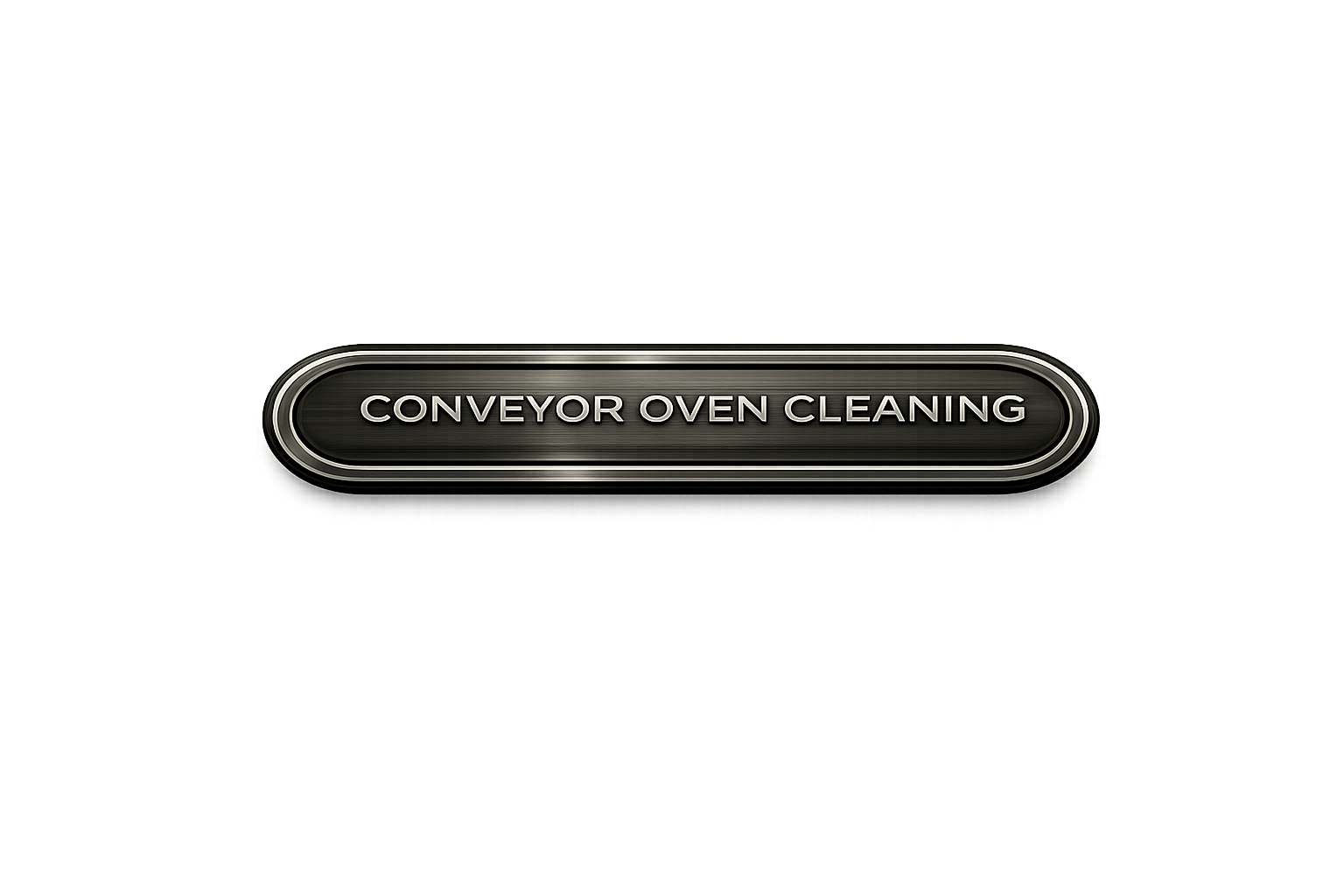Deep Cleaning for Peak Performance and Food Safety
Locklear's Commercial Kitchen Cleaning provides comprehensive conveyor oven cleaning for restaurants, bakeries, and commercial kitchens of all sizes. Conveyor ovens are the workhorses of many food service operations—but without regular deep cleaning, grease buildup, carbon deposits, and food debris can cause uneven cooking, unpleasant odors, fire hazards, and costly breakdowns.
Why Professional Conveyor Oven Cleaning Matters:
Improved Efficiency: A clean oven runs at optimal temperature and uses less energy.
Fire Prevention: Built-up grease is a major fire risk; we eliminate that risk at the source.
Health Code Compliance: Stay ahead of inspections with a kitchen that meets and exceeds standards.
Extended Equipment Life: Regular professional cleaning protects your investment.
What We Do:
Our technicians disassemble critical components, including belts, and crumb trays to ensure every surface is thoroughly degreased.
Serving Kitchens That Can’t Afford Downtime:
We offer flexible scheduling to minimize disruption to your operations. Whether it's a one-time deep clean or part of a recurring maintenance program, Locklear’s delivers results you can see, feel, and smell.
Conveyor Oven Cleaning Frequency:
For conveyor ovens, we recommend a professional deep clean every month, on top of your daily wipe-downs and weekly in-house maintenance. Monthly service removes the carbonized grease and crumb buildup you can’t reach during routine cleaning and keeps belt, fingers, and plenums moving air the way the manufacturer intended. Industry guidance lines up with this cadence: daily light cleaning, weekly thorough cleaning, and a comprehensive deep clean about once a month to maintain performance and prevent heavy grease accumulation.
Why monthly matters
Efficiency & energy control: Manufacturers state plainly that to maintain maximum efficiency, the oven must be kept clean—including vents, fingers, and the conveyor system. Buildup insulates heat surfaces and restricts airflow, forcing longer cook times (and higher utility costs). Trade guidance also notes that poorly maintained conveyor ovens drive operating costs up.
Even, consistent cooking: Conveyor ovens rely on clean, correctly assembled air fingers to deliver uniform impingement. Grease and carbon in the finger assemblies or plenum—and misassembly after ad-hoc cleanings—change the baking properties and reduce airflow, which can lead to uneven browning and hot/cold spots.
Food safety & compliance: The FDA Food Code requires food-contact surfaces of cooking equipment to be “clean to sight and touch” and free of encrusted grease deposits and other soil accumulations. Regular deep cleaning helps you meet that standard and reduces the risk that debris or burnt residues end up on food.
Risks of skipping deep cleans
Uneven or extended cook cycles (operators compensate with temp/time tweaks), which can increase the risk of undercooked product if procedures aren’t adjusted.
Higher energy/operating costs due to restricted airflow and heat transfer losses.
Inspection findings for equipment not kept free of grease deposits, per Food Code 4-601.11.

